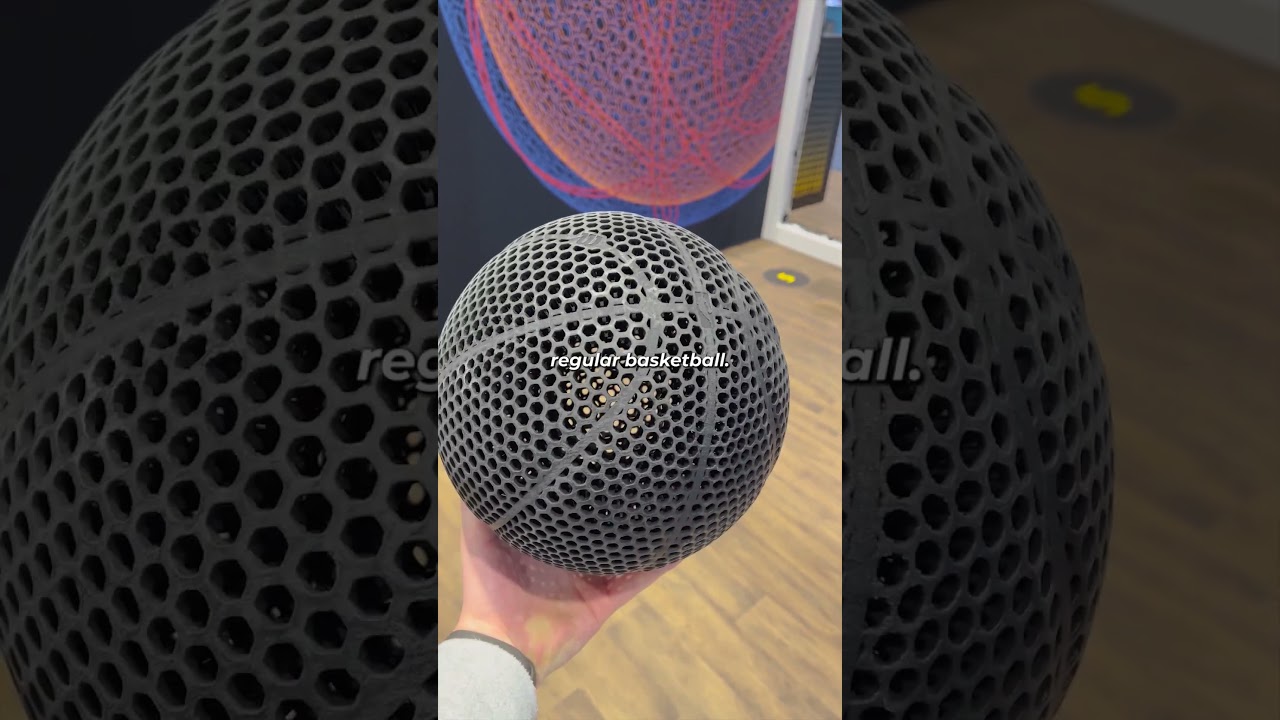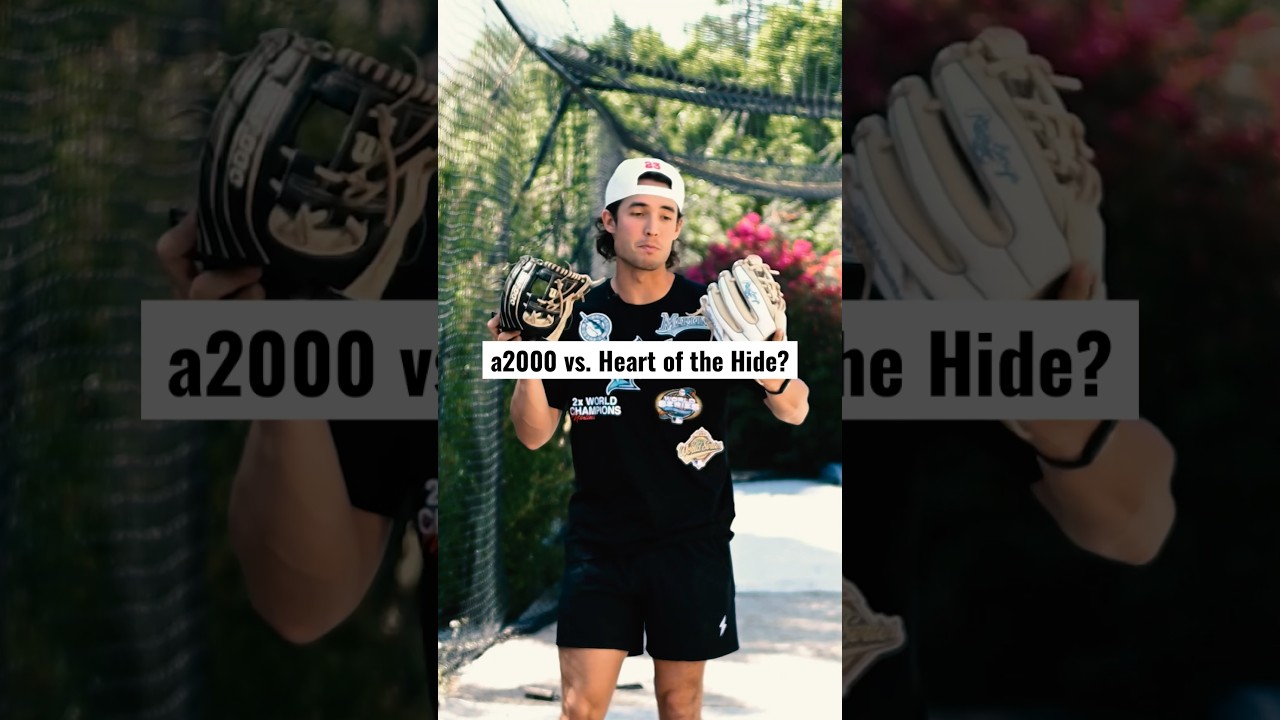Tracing the Evolution of Wilson: From Concept to Cultural Icon
From the moment Wilson was introduced in the 2000 film “Cast Away,” a single volleyball managed to capture our hearts and reflect our deepest fears—loneliness and the need for companionship. At first glance, Wilson might seem like just an ordinary sports item, but within the context of the film, he transforms into a profound symbol of human connection. Tom Hanks’ character, Chuck Noland, stranded on a deserted island, turns to Wilson for solace, showcasing our innate yearning for companionship, especially in moments of extreme isolation.
The filmmakers had a tricky task back then. They needed to create tension and emotional depth without the luxury of conventional dialogue. Wilson’s presence served not just as a creative solution, but also as a vessel for Chuck’s psychological struggles. As his lifelike features emerged, thanks to the addition of facial expressions, audiences embraced this volleyball as more than a prop; Wilson became both a friend and a reflection of Chuck’s mental landscape.
What makes Wilson’s journey particularly fascinating is how this character tapped into larger psychological themes surrounding survival. In creating Wilson, the film’s makers brilliantly illustrated the extremes one might go to maintain their sanity, ultimately translating Chuck’s internal dialogue into an external entity. As viewers, we found ourselves rooting for Wilson and Chuck nearly equally, which makes the pain of separation all the more palpable.

The 7 Layers of Wilson’s Iconic Appeal
The Impact of Wilson on Cinema and Beyond
Wilson’s legacy isn’t confined to “Cast Away”; it ripples through the broader landscape of cinema and mental health conversations. In recent years, we’ve seen an increase in discussions that connect cinematic figures, like Wilson, with real-life psychological struggles. Wilson opens the door to exploring how characters reflect our own internal battles, enabling us to empathize and understand our own emotions better.
Social media has amplified Wilson’s reach. Influencers, celebrities, and even mental health advocates reference Wilson in casual discussions, reminding us of our shared human experience. With each mention, the volleyball becomes a bridge between entertainment and genuine emotional dialogue, emphasizing the human need for connection.
The academic community has taken notice, with researchers exploring why audiences project their feelings onto inanimate objects like Wilson. This fascinating intersection of psychology and cinema underscores how movies can affect our mental landscapes, making characters relatable and profound.

The Future of Wilson: Reviving a Legacy Through Contemporary Narratives
As we peer into the future, there’s immense potential for Wilson to find new life in upcoming narratives. Imagine reimagining Wilson in recent stories or genres that resonate with today’s audiences. Whether it’s a sequel that takes on modern-day social isolation or even animated adaptations that bring Wilson to life in vibrant surroundings, the opportunities are endless.
Think of a revamped version of “Cast Away,” where Wilson is voiced by an actor like Jillian Bell, adding humorous and relatable commentary on Chuck’s journey. This could provide fresh perspectives on themes of isolation while introducing Wilson to younger viewers who might not be familiar with the original.
Additionally, there’s room for exploring Wilson in mash-ups with horror themes, almost like the shifts we see in reboots of classic series such as “The Exorcist.” A humorous spin, perhaps involving Wilson facing off with ghostly apparitions, could refresh his character while staying true to his essence.
The Enduring Touch of Wilson in Popular Culture
As we wrap our minds around Wilson’s journey, it’s evident that this character is far more than a volleyball. Wilson symbolizes our essential need for connection and resilience in adversity. Whether through merchandise, modern film references, or enriched psychological discussions, Wilson resonates deeply in our pop culture landscape, reflecting our longing for companionship.
In a world filled with distractions and fleeting relationships, Wilson continues to remind us of the beauty of simple connections. He brilliantly captures the universal emotion that binds us all together—our passionate quest for meaningful relationships, showing that even the most unexpected characters can leave an indelible mark on our hearts.
So, as the story continues, perhaps we should take a moment to reflect on our own “Wilsons” in life—the small reminders of hope and connection that uplift us during our darkest hours. After all, whether you’re a fan of movies or deeper emotional narratives, Wilson remains an ever-relevant beacon of the human experience, encouraging us to cherish our bonds and nurture connections.
Wilson: The Heartfelt Journey of an Iconic Character
Wilson’s Hidden Inspirations
Did you know that the character of Wilson from Cast Away wasn’t just a random creation but actually drew inspiration from various cultural references? The filmmakers considered how iconic characters from other stories resonated with audiences. Take The Exorcist series for instance; its ability to evoke strong emotions made filmmakers think outside the box and explore the depth of characters like Wilson. Just like Bill Murray’s Bill in Groundhog Day, who learns valuable life lessons through repetition, Wilson symbolizes resilience and companionship in the face of isolation.
What Makes Wilson So Relatable?
Wilson’s journey, much like that of characters found in the best thriller Books, highlights complex human emotions wrapped in simplicity. He’s not just a volleyball; he embodies the longing for connection, something that can resonate deeply with anyone who’s ever felt alone. Interestingly, the film was released just a few short months before spring, and you can’t help but ponder When Is The first day Of spring? like someone waiting for hope to spring anew! Wilson’s bright red hue stands in stark contrast to the island’s drab landscape, showing that even in desolation, there’s a glimmer of vibrancy to look forward to.
The Cultural Impact of Wilson
Wilson quickly became a cultural icon, often referenced humorously in media and conversations. For example, the character has drawn comparisons to Mrs. Poindexter’s role in evolving pop culture through her quirky charm. The emotional depth that Wilson brings to Cast Away is reminiscent of the gripping tension in movies like Destino Final 5 which, like Wilson, captivates audiences through connection and suspense. Letting audiences relate to Wilson’s plight, the film indeed struck a chord, making it hard to forget this quirky but heartfelt character who served as Tom Hanks’ only friend in an unforgiving environment, echoing themes of isolation and finding one’s way. In a world full of Saturday Night Fever-like highs and lows, Wilson remains a poignant reminder of the bonds that keep us anchored.








